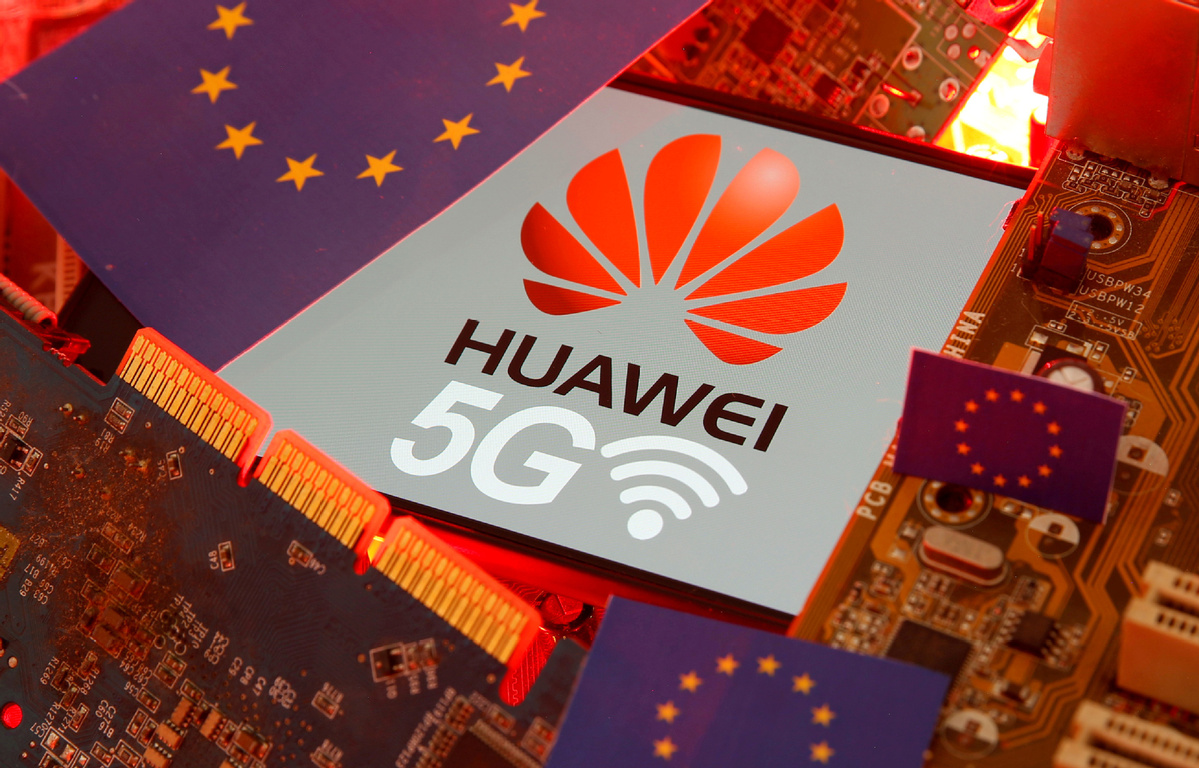Australia should learn from the UK on 5G rollout
By Karl Wilson | China Daily Global | Updated: 2020-02-20 08:31

Australia, the first country to ban Chinese telecommunications giant Huawei from its 5G network, citing security concerns, should learn from the United Kingdom and be impartial during the 5G rollout.
Following the UK government's decision on Jan 29 to allow Huawei to take part in its 5G network, Huawei Australia has asked the Australian government to reconsider its ban.
Australia banned Huawei and Chinese telecom equipment company ZTE from selling 5G equipment in the country in August 2018, a month before its prime minister, Malcolm Turnbull, was ousted in a leadership challenge.
What makes the ban difficult to comprehend is that Huawei Australia has already taken part in the country's 3G and 4G networks. Why were there no arguments then against Huawei's participation?
By excluding the company from the 5G network in Australia, the government is denying Australians a world-class, high-speed broadband service.
In a submission to a federal government inquiry into 5G at the end of last year, Huawei Australia argued that by its exclusion, the business case for telecom operators to roll out 5G in regional Australia "has become near impossible and that Australian farmers will be waiting years to get an opportunity to benefit from the productivity gains from 5G".
The Australian government can resort to a more fact-based approach. It can review Huawei's 16-year fixture in the Australian telecommunications market, and monitor Huawei Australia's repeated pledge that it will work within any guidelines the government wants to put in place.
Huawei Australia also noted in its submission that other countries in Europe and Asia have near nationwide 5G coverage already in place at a time when the vast percentage of Australia's major cities do not have 5G coverage. It said Australia is being left behind on 5G, and that the "consequences for Australia's competitiveness and future prosperity would be enormous".
By locking the company out, the Australian government has delivered what Huawei Australia argues is a"5G tax" on Australians that will see them pay more for their 5G services.
Huawei Australia has argued that, by excluding it, network operators in the country will pay between 20 and 40 percent more than the rest of the world for 5G technology, adding that this cost will mean Australians will have higher telecom bills at a time when they already suffer from higher electricity and gasoline prices.
By excluding Huawei Australia, the government has critically reduced 5G vendor competition. Such a move will hand over market dominance in a tight telecom market to a select few and will, in turn, dictate the scale of network cost, innovation and security.
Australia does not have a good track record when it comes to technology rollouts. The National Broadband Network is a classic example of a politically driven project that has failed to achieve its initial concept-to deliver high-speed broadband service to everyone in Australia.
Unfortunately, 5G looks like it's going the same way. Huawei is again trying to talk with the government to allow it some access to Australia's 5G network.
Huawei has said time and again that it would welcome a rigorous and transparent examination.
The UK has opened its doors to Huawei and is allowing it access to up to 35 percent of its network, despite pressure from the United States not to. This approach allows commercial decisions not to be driven by ideological differences.
Huawei has tried its best to show it has nothing to hide and has opened all its doors to the UK government. If Britain is satisfied, then there is nothing that prevents the Australian government from taking a similar approach toward Huawei.
This should be a decision based on what is good for Australia, not what is good for international relations. After all, Australia is an independent country and can think for itself. Britain did.
























